Member States
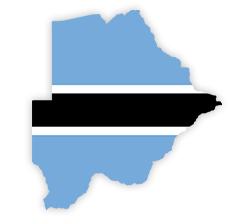 Botswana
Botswana
Botswana is the world's largest producer of diamonds and the trade has transformed it into a middle-income nation. Botswana is trying to reduce its economic dependence on diamonds, moving to boost local business and employment by encouraging more value to be added to diamonds locally. Botswana protects some of Africa's largest areas of wilderness. It is sparsely populated, because it is dry. The Kalahari Desert, and most areas are too arid to sustain any agriculture other than cattle.
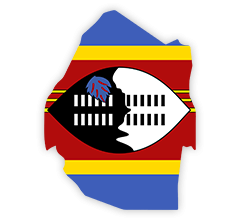 Eswatini
Eswatini
The Kingdom of Eswatini is an independent Monarchy, rich in traditions and heritage, led by King Mswati III, since 1986, as Executive Head of State with parliament and consultation prescribing laws and Customs. Eswatini is a Kingdom in Southern Africa, and covers an area of 17,363 square kilometres. Eswatini is virtually homogenous, most of the population being of the same tribe. Economically, Eswatini trades mainly with South Africa, which receives almost half of Swazi exports and supplies most of its imports.
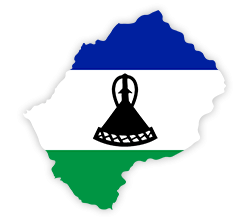 Lesotho
Lesotho
The Kingdom of Lesotho is made up mostly of highlands where many of the villages can be reached only on horseback, by foot or light aircraft. During the winter shepherds wearing only boots and wrap-around blankets have to contend with snow. While much of the country, with spectacular canyons and thatched huts, remains untouched by modern machines, developers have laid down roads to reach its mineral and water resources. Lesotho is one of few African countries to see snow regularly. The Lesotho Highlands Water Project was completed in the 1990s to supply South Africa with fresh water.
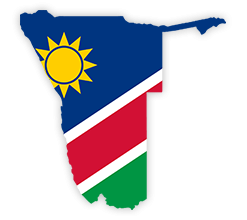 Namibia
Namibia
Namibia, a large and sparsely populated country on Africa's south-west coast, has enjoyed stability since gaining independence in 1990 after a long struggle against rule by South Africa. Namibia achieved independence in 1990 after a bush war of almost 25 years. Inter-racial reconciliation encouraged the country's white people to remain and they still play a major role in farming and other economic sectors. Deserts occupy much of the country; their dunes take on shapes and colours according to the elements. The country also boasts game-rich grasslands and a semi-arid Central Plateau, large tracts of which are given over to livestock farming.
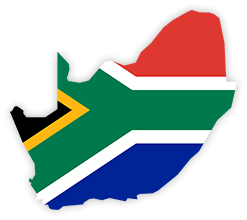 South Africa
South Africa
Diversity is a key feature of South Africa, where 11 languages are recognised as official, where community leaders include rabbis and chieftains, rugby players and returned exiles, where traditional healers ply their trade around the corner from stockbrokers and where housing ranges from mud huts to palatial homes with swimming pools. South Africa has one of the continent's biggest economies, though this went into recession in May 2009 following a sharp slowdown in the mining and manufacturing sectors. The construction industry, on the other hand, benefited from a huge programme of government investment ahead of the 2010 World Cup. South Africa is, along with China, Brazil, Russia and India, a member of the BRICS club of emerging world economic powerhouses.

